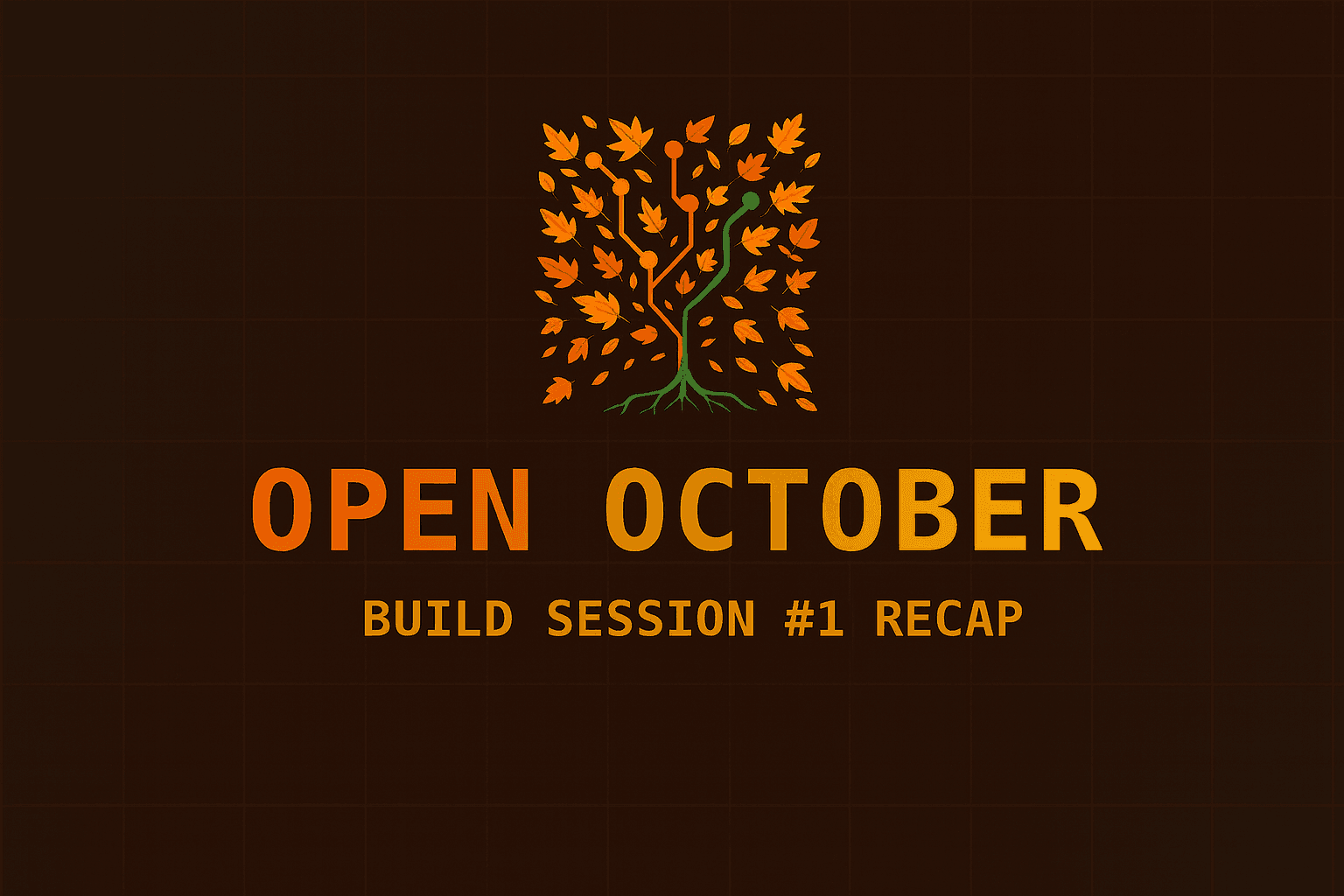Last week, I had the chance to sit in on a presentation by Jon Gagnon of Cloud99.ai that left me genuinely inspired. The speaker, a seasoned developer with over 20 years in the game and ad tech industries, shared his journey from teenage tinkerer to solo founder leveraging AI to build full games—completely on his own.
The talk was less than 10 minutes, but packed with real insight. Here’s a recap of what I took away:
From Teenage Game Dev to Microsoft Xbox
He started building games over 30 years ago, back in the days of Visual Basic and Build Engine. Like many of us, he maxed out his high school programming classes—chasing the dream of becoming a “real” game developer. He admitted, humbly and hilariously, that by graduation he was more of a “spaghetti coder” than a software engineer. But he pivoted—leaning into his artistic talent and attending DigiPen, which helped him break into the game industry as a level designer for Microsoft on the original Xbox.
Over the next decade, he worked across nearly every platform—Xbox, PC, Web—learning every piece of what it takes to build a game.
Launching a Funded Studio and Learning the Hard Lessons
Roughly a decade ago, he founded a mobile game studio in Plymouth, Michigan, raised $500K from local investors, and built a game for iPhone and iPad. The product was solid—but the real game, he found out, was performance marketing. That is: how well you can acquire users profitably at scale. Without millions more in funding, scaling wasn’t viable.
The Pivot: Deep Dive into Ad Tech and Performance Marketing
Determined to master performance marketing, he joined a San Francisco startup backed by firms like a16z and General Catalyst. There, he worked on a tool that automated Facebook ad campaigns. The team was eventually acqui-hired by Firebase. From there, he joined another ad tech startup—where he gained access to data from hundreds of top game studios, learning what worked and what didn’t.
During this time, he started noticing “emergent behaviors” in rule-based AI systems that weren’t explicitly programmed. The seeds for what we now know as LLMs were already visible.
AI-First Game Dev: Going Solo with Gemini + Unity
Today, he's back building games—but this time, as a one-man team, powered by AI.
He showed off three different games that he built solo using Unity + Firebase, with all code generated using Gemini Pro 1.5 via the VSCode extension. Each game was completed in dramatically less time than traditional development cycles:
A farming sim in 3 weeks using Trellis AI to generate 3D assets.
A life simulator in 3 days using Firebase + a rich database of world events and logic.
A hybrid casual game prototype built in just 4 hours.
All games are fully integrated with:
Firebase Auth, Database, Analytics, and Crashlytics
Rewarded video ads using IronSource
Web payment integration with Bolt
And real-time logging + analytics pipelines
Even better? He’s doing all of this for less than $3,000 in startup costs—including company formation and cloud services.
Lessons for Indie Devs: Speed > Patents
When asked how to protect an idea in a world where AI gives everyone the same power, he was blunt: you can’t. There’s no patent for gameplay concepts—and clones will follow any success. The only moat is speed and execution.
But what makes this different now, he argued, is that small teams (even of one) can experiment quickly, test concepts through playable ads (like Voodoo does), and find signal before investing heavily. He called this the “new gold rush”—where AI-first teams can compete with studios 100x their size.
One Quote That Stuck With Me
“It’s time to get off the bench. All the incumbent tech companies are sitting ducks. AI-first is the path—and that can be you.”
He closed by inviting anyone interested to sign up as a beta tester. I left the talk thinking: this is what a Barefoot Developer looks like—someone using accessible tools, zero fear, and 20 years of lessons to build the future on their own terms.


